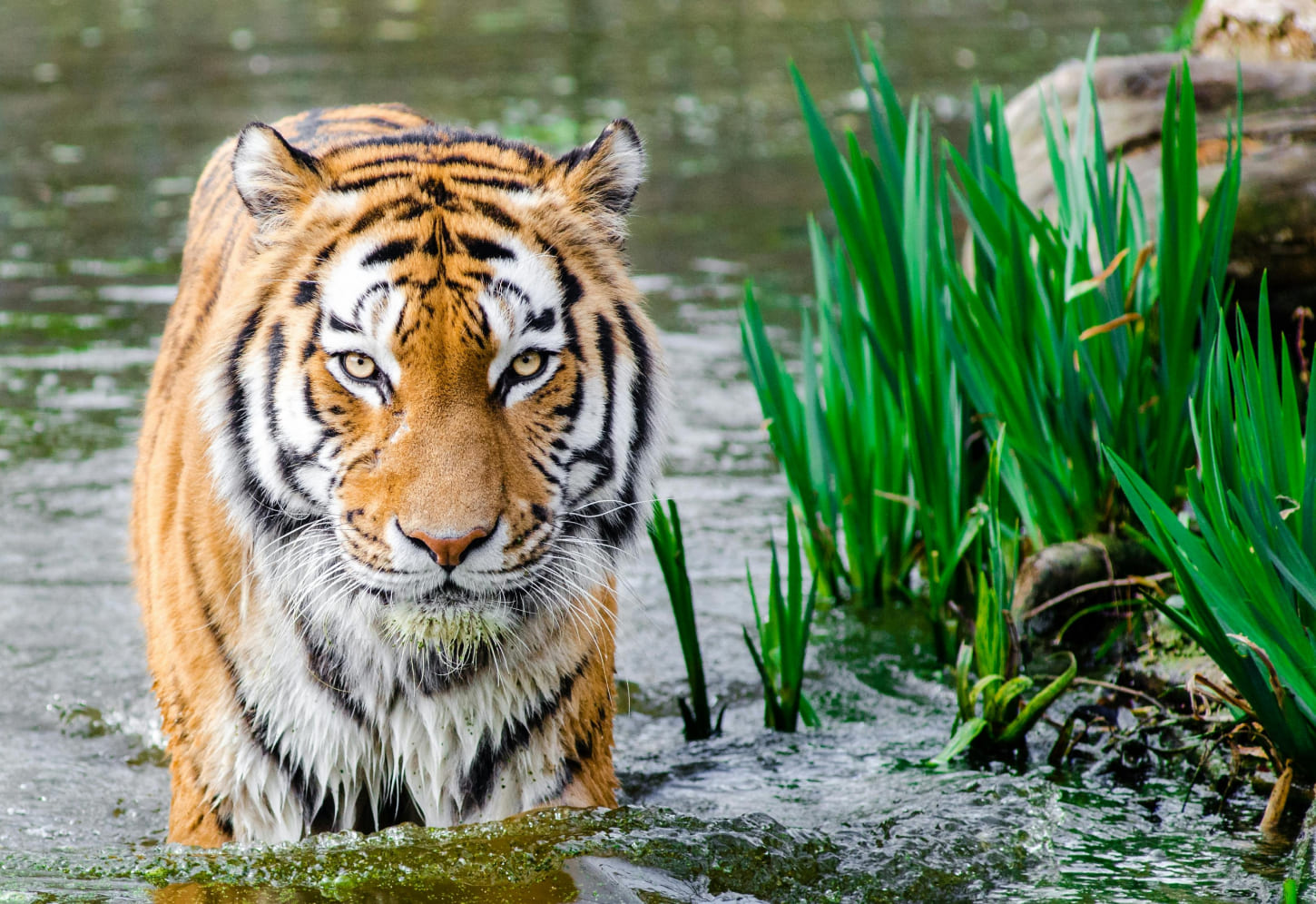Promoting Wildlife Protection Efforts
Zoos often collaborate with wildlife protection organizations to raise awareness about endangered species and conservation efforts. By hosting special events, fundraising initiatives, and educational campaigns, zoos help mobilize resources and support for animal conservation projects around the world. These partnerships are essential in amplifying the impact of global wildlife protection efforts.

Animal Welfare and Enrichment
Animal welfare is a top priority for modern zoos, with dedicated teams ensuring that each animal’s physical, mental, and emotional needs are met. Zoos implement enrichment programs that provide stimulating environments, encouraging animals to engage in natural behaviors. These initiatives help promote the well-being of animals while offering visitors an authentic and ethical experience.

Connecting People with Nature
In today’s fast-paced, urbanized world, zoos offer a unique way to reconnect with nature. They allow people to experience wildlife firsthand, fostering a sense of wonder and appreciation for the natural world. Zoos bridge the gap between humans and animals, creating a space where we can learn to coexist and value the ecosystems that sustain life on Earth.

Raising Awareness About Environmental Challenges
Zoos play an important role in educating the public about environmental issues, such as climate change, deforestation, and pollution. Through interactive exhibits and informative displays, zoos highlight the challenges animals face in the wild and encourage visitors to consider how their actions impact the planet. This knowledge empowers people to make more environmentally conscious decisions.

The Importance of Breeding Programs
Many zoos are actively involved in breeding programs aimed at preserving endangered species. These programs are carefully managed to maintain genetic diversity and support population growth. In some cases, animals bred in zoos are later reintroduced into the wild, helping to restore populations that have been diminished due to human activities or natural disasters.

The Evolution of Zoos
Zoos have evolved significantly over the years, shifting from simple collections of animals to centers focused on education, conservation, and research. Modern zoos prioritize the well-being of animals and aim to provide naturalistic habitats that reflect the species' native environments. This transformation has allowed zoos to become advocates for wildlife protection and environmental stewardship.

Creating a Sense of Community
Zoos often serve as community hubs, bringing people together to celebrate wildlife and nature. Through family-friendly events, educational workshops, and volunteer opportunities, zoos create a shared space for individuals to engage with animals and learn about the importance of conservation. These experiences help foster a collective sense of responsibility for the planet.







